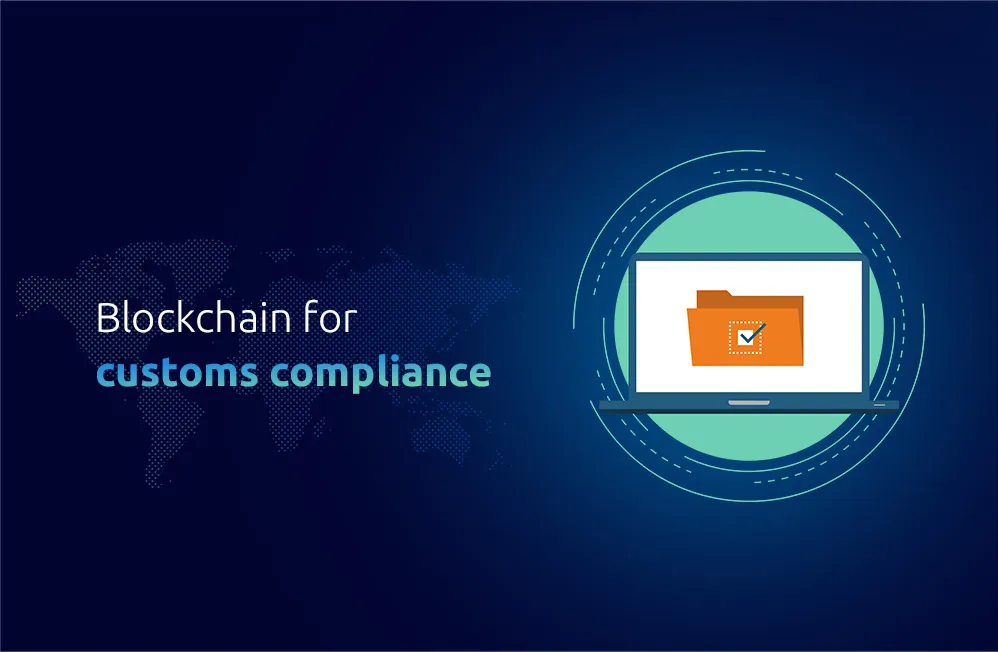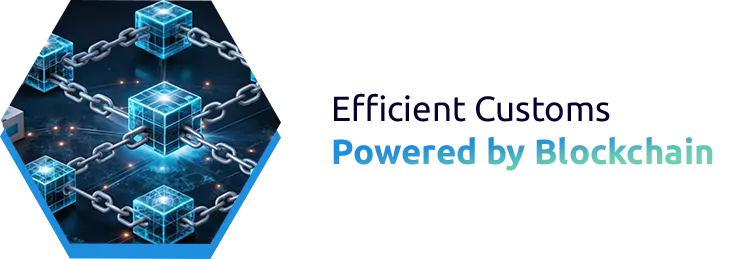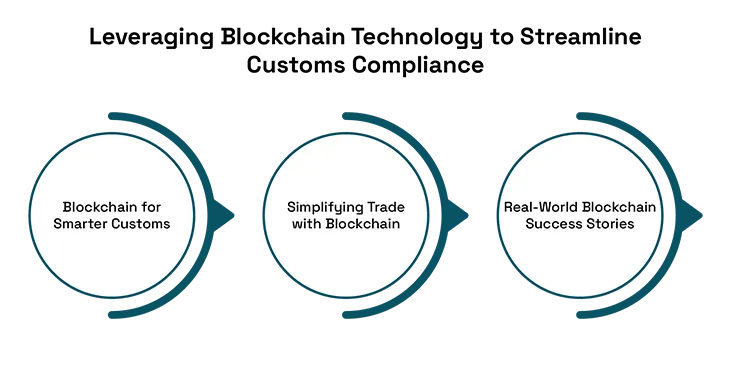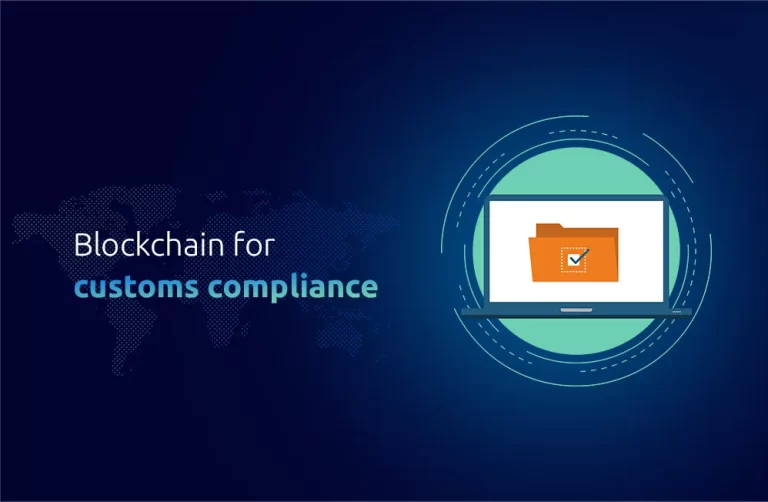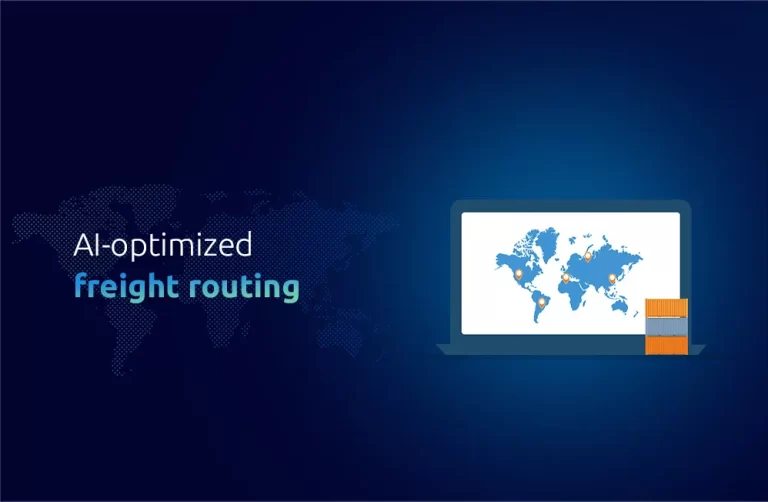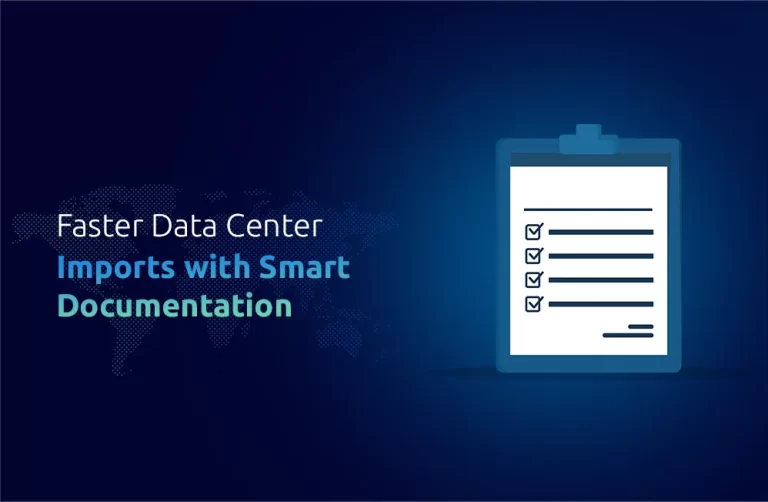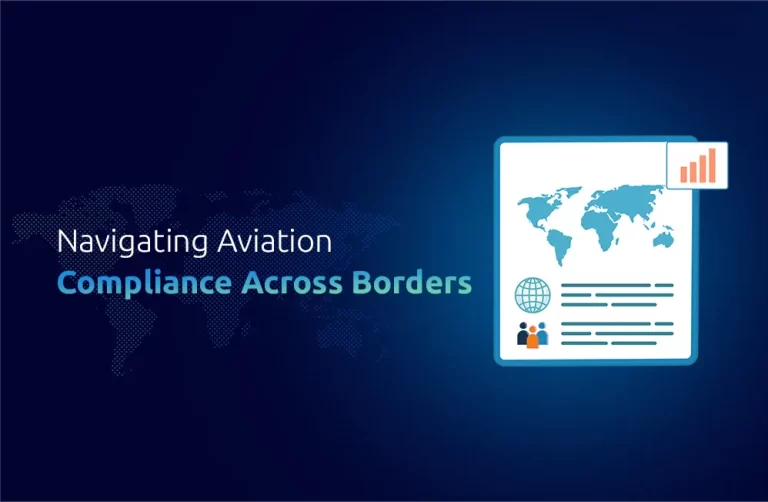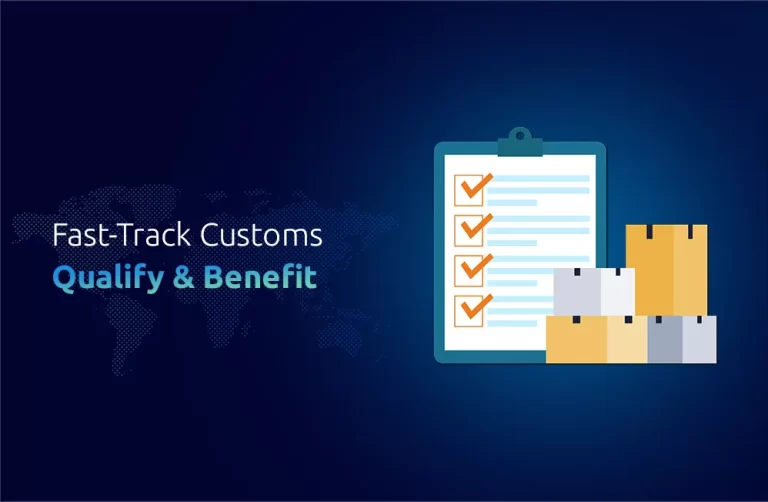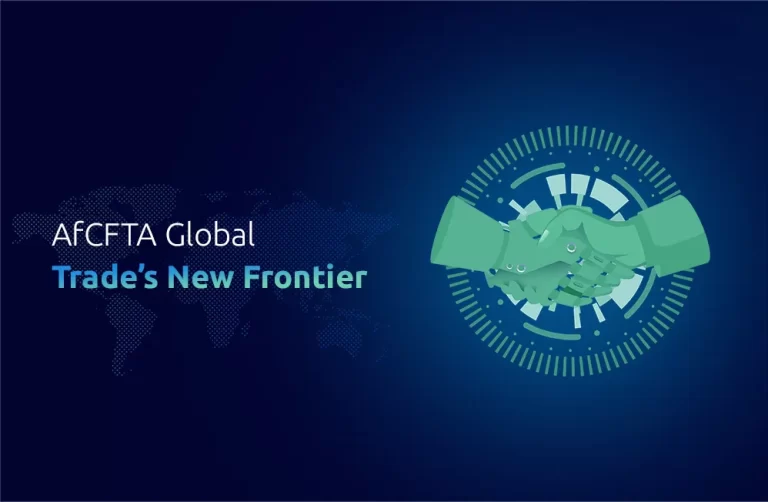Introduction
Following the customs rules for international trade is often a hard and confusing task. Businesses must comply with different regulations, handle all necessary paperwork, and help goods go through customs smoothly. However, many obstacles in these processes may cause important delays, wrong documents & penalties.
Several factors can cause customs errors, such as mistakes in shipping information, missing or insufficient paperwork, or misunderstanding trade rules. In addition to causing trade problems, such issues can threaten a company’s overall reputation and financial health. Also, customs compliance processes are usually kept separate, making it hard for importers, exporters, customs, and logistics providers to communicate and see each other’s actions. As the world trades more with other countries, these inefficiencies only worsen and make it harder to handle the movement of goods. Since these problems have not gone away, many companies are exploring blockchain technology to ensure customs requirements are met and upgrade their overseas trade activities.
Blockchain Helps Improve Customs Clearance
Blockchain allows the safe and transparent recording of events since it is a shared digital record that can’t be changed. Blockchain has a significant role in transforming operations in customs compliance. With blockchain, all parts of the trade process can be fully documented so businesses and customs authorities can validate.
Blockchain technology supports effective and safe information exchange among everyone involved. As bills of lading invoices & certificates of origin are now saved using blockchain, there are fewer possibilities for fraud or errors. All parties have access to customs documentation before the goods are seen by customs, which helps them process everything faster.
How Blockchain Improves Transparency and Efficiency in Customs Operations
Over the years, custom operations have used paper processes that often result in human errors, fraud, and delays. Insufficient live information sharing among stakeholders has caused a big problem in efficient customs clearance. Thanks to blockchain, there is a clear platform that records every action in the whole production process.
Blockchain records every advancement of a shipment from one part of customs to another. As a result, everyone taking part in the process, including customs authorities, exporters, and importers, can review a permanent log in real-time. Having this system ensures that everybody involved uses accurate and recent information.
The Impact of Leveraging Blockchain on Reducing Fraud and Errors in Customs Declarations
Customs compliance is greatly affected by the challenges of fraud and errors in business practice. Failing to declare things correctly, irrespective of intention, can cause companies to pay costs, deal with hold-ups, and affect their reputations. Blockchain’s strong security and openness make it possible to deal with these problems. When companies depend on blockchain for customs, every record and exchange is saved in a permanent digital log. Because the data is locked after it is put in, there is less chance for anyone to change it and make mistakes. The fact that blockchain is decentralized means that no individual or group can take over the whole system, so it is more difficult for someone to try to manipulate it.
Case Studies: How Blockchain is Integrated in International Customs Operations
Several major trade hubs have found that blockchain adds value to their customs operations. The Hong Kong Customs and Excise Department uses a blockchain pilot to securely track goods as they are traded across borders. The project has greatly reduced waiting time and made customs declarations more accurate. The department now uses blockchain to confirm that all shipments follow the rules and speed up processing through customs.
Among Europe’s leading ports, Rotterdam Port uses blockchain to manage customs procedures. Tracking shipments with blockchain and exchanging data with customs officials has increased the accuracy of customs declarations, made processing faster, and decreased the amount of paperwork in Rotterdam. Blockchain is not just possible; it can greatly enhance how businesses comply with customs and manage trade effectively.
Conclusion
Blockchain helps improve how accurately and efficiently the customs system works. It solves many widespread problems for businesses dealing with customs compliance, such as reducing errors, improving visibility, and tightening security. Enterprises that use blockchain today can align with the needs of the worldwide market. At One Union Solutions, we see blockchain’s potential in customs compliance & strive to help our clients implement this new approach. Using blockchain technology, we can boost your business’s customer procedures’ speed and accuracy.
Did You Know?
According to recent market research, nearly 80% of customs officials in major international markets are exploring the use of blockchain to enhance transparency and simplify their processes. As blockchain adoption increases, businesses around the world are discovering its potential to improve trade compliance and reduce delays.
FAQs
What impact does blockchain have on decreasing trade fraud at customs?
Blockchain maintains the integrity of data because all transactions are unchangeable. For this reason, making false declarations to customs is almost impossible, so everything declared is true.
How does a smart contract aid in customs compliance in blockchain?
A smart contract includes terms that control its execution because they are coded into it. Smart contracts in customs compliance help spot any missing paperwork so that the process moves forward faster and more accurately.
Could blockchain systems be merged with today’s customs processes?
It is possible to connect blockchain with today’s technology systems. Many businesses and customs authorities are investigating how to combine blockchain with old methods to boost performance.
Why is blockchain helpful for customs professionals?
The benefits of adopting blockchain technology are greater visibility, fewer errors, quicker processing of transactions, and added security. With blockchain, catching fraud and making customs rules more effective is easier.
How do companies make the move to a customs system that’s based on blockchain technology?
Businesses should review their current methods and spot the places where improvements are necessary. Working with those who provide blockchain technology and those who manage customs helps us move to the new system smoothly. It’s also important that all those involved are properly trained to use the system successfully.

